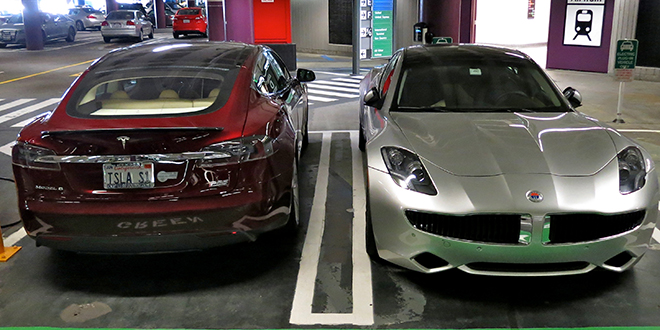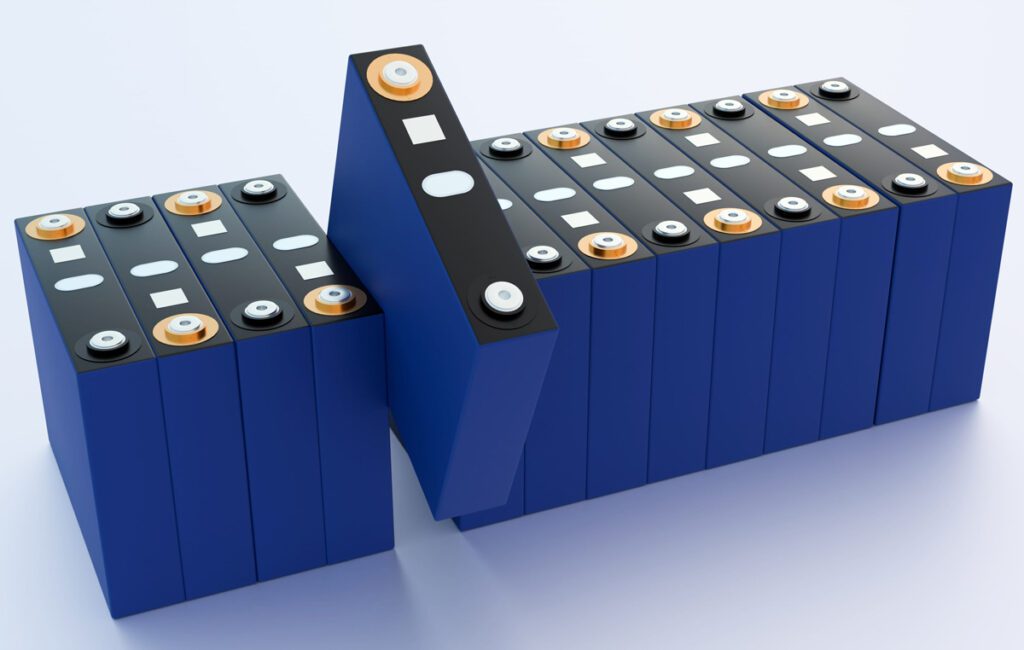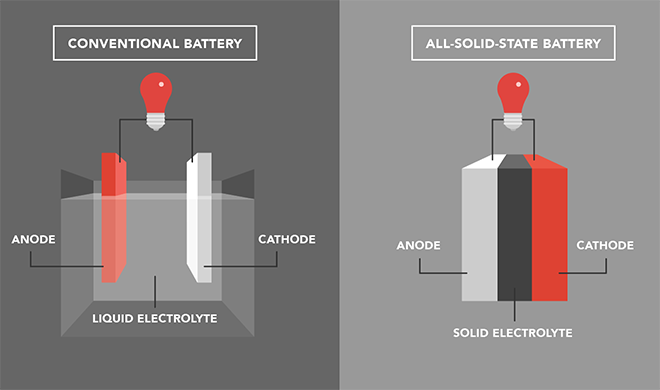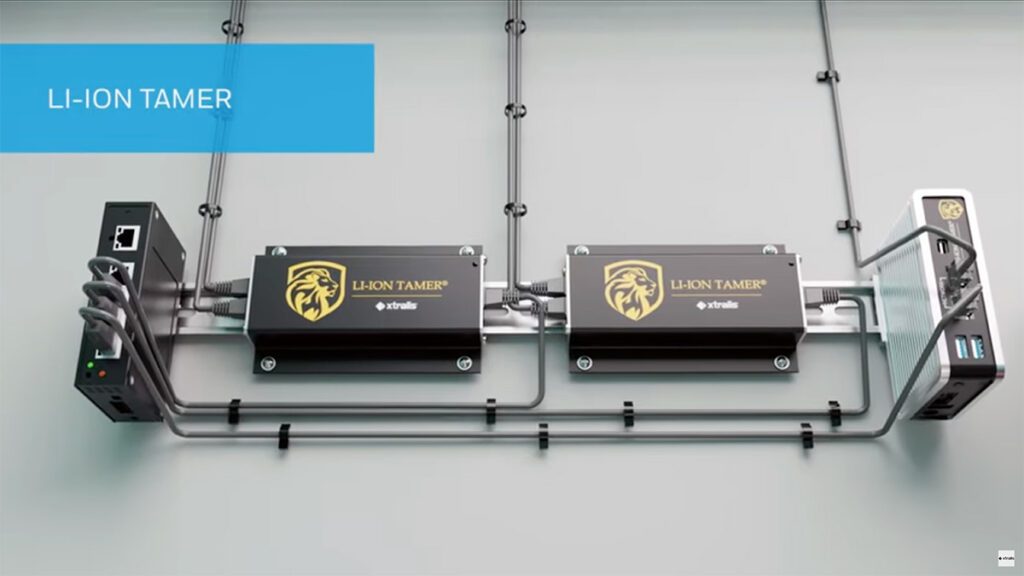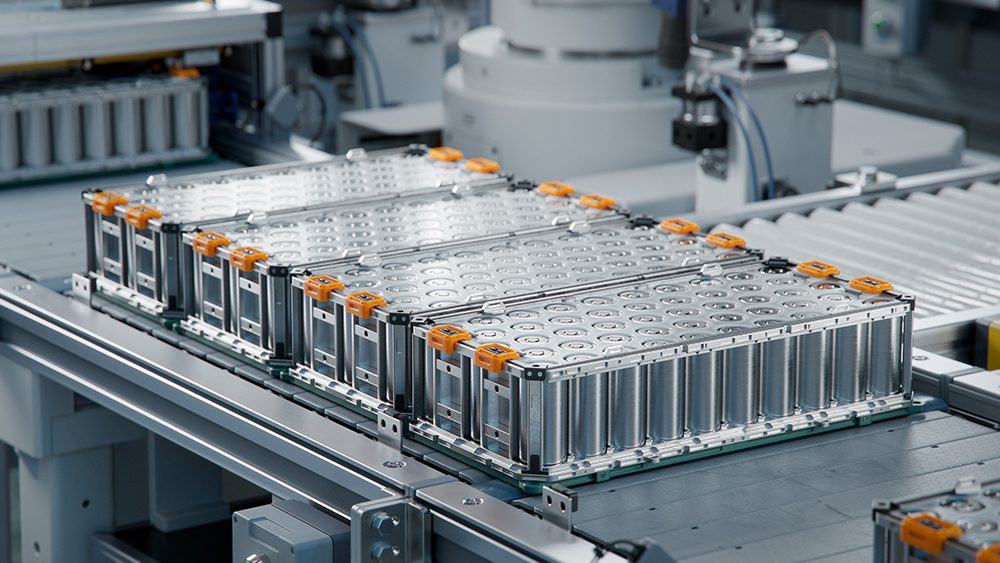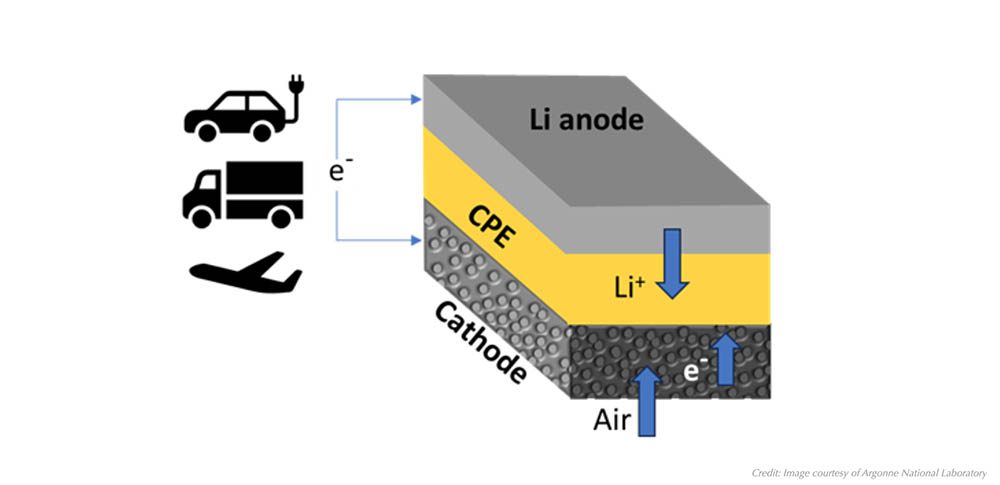Contrary to popular belief, the small, practical city car is not necessarily the best candidate for electrification. Battery costs will keep EVs more expensive than legacy vehicles for some time to come, and many drivers won’t recoup the higher purchase price in fuel savings in a reasonable number of years.
In a new article, John Voelcker of Green Car Reports asks the electrifying question: “Were small cars exactly the wrong way to launch electric cars?”
The decisions by GM and Nissan (and later, BMW) to produce small EVs fly in the face of traditional wisdom in the auto industry, in which new technology tends to show up first in high-end models and gradually trickle down to the cheaper family cars.
The marketplace seems to bear out the electrify-the-high-end theory as well. The practical Volt and LEAF have each achieved decent sales, but neither has inspired anything like the excitement that Tesla’s high-performance Model S has.
As the major auto mags once again rave in chorus about the newest version of the Model S, that excitement has not gone unnoticed in the boardrooms of the world’s luxury automakers. Porsche, Mercedes, and Audi have definite plans to produce “Tesla-fighters,” as the German magazine Manager recently reported. Ford has hinted that it may do the same.
SEE ALSO: Tesla VP: Model 3 may come in several body styles
Jaguar Land Rover may be the next premium brand to get charged. Autocar reports that Engineering Director Wolfgang Ziebart recently hinted at plans for an EV, saying that the market for EVs was split into inner-city vehicles and a “second or third car for a wealthy family.” Ziebart said that the latter segment had potential for JLR, and that any EV would be the size of a Jaguar XJ and aimed at the US and China.
Harald Kroeger, the VP in charge of Mercedes’ electrification program, acknowledged in an interview with Wards Auto that Tesla’s business model of “stuffing lots of batteries into the chassis of a beautiful car and charging a premium price” may beat the majors’ strategy of selling small EVs that are priced too high for their segment.
“We stuff that super-expensive technology into inexpensive C-segment or below cars and wonder why customers didn’t really bite here,” Kroeger says. “The customers who have a lot of money might not want to sit in a small vehicle. I think the first big step will be to have good EVs in the upper segments.”
Kroeger also predicts that battery costs will eventually fall: “I would bet that 10 years from now, we’re going to have cells with twice the capacity at half the price. We have the first samples in our labs at home that show me it’s true. It’s coming – it’s not just wishful thinking. In that case, an EV becomes attractive for a lot of customers.”
Even Bob Lutz, the Father of the Chevy Volt, has said in interviews that “we electrified the wrong end of the business.”
Source: Green Car Reports, Wards Auto, Autocar
Image: Jurvetson/Flickr







